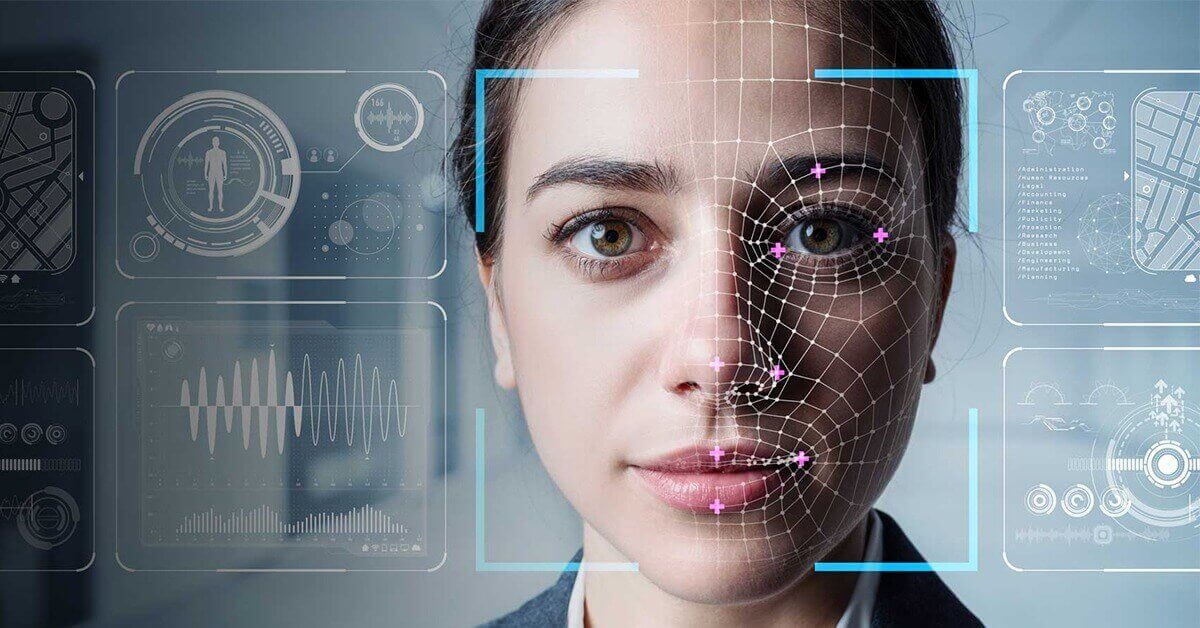In recent years, Artificial Intelligence (AI) has made significant strides, fundamentally transforming various industries. One of the most exciting developments in AI is the advent of generative algorithms, capable of creating content that is nearly indistinguishable from what a human could produce. In this blog post, we will delve into how will AI Disrupt Video Platforms, changing the way we produce, consume, and interact with video content.
Understanding Generative AI
Generative AI refers to a type of artificial intelligence that can generate new data that resembles a given dataset. This could mean generating text, images, or even videos that are similar but not identical to the data it has been trained on.
The Current Landscape of Video Platforms
Video platforms like YouTube, Vimeo, and Dailymotion have become indispensable in our digital lives. These platforms rely heavily on user-generated content, and they employ various algorithms to manage the massive amounts of videos uploaded every day. Features like video recommendations, auto-tagging, and content moderation are already leveraging machine learning algorithms.
How Generative AI Can Change Content Creation
Automated Video Generation
Imagine a world where you don’t need complex video editing software or even a video to start with. With generative AI, you can create high-quality videos by just inputting some parameters or even a storyline in text format. The AI can generate a video complete with background scenery, characters, and dialogue.
Video Summaries
Generative AI can watch a long video and summarize it in a short clip, retaining all the key points and crucial information. This feature could be a game-changer for educational platforms, news agencies, and even movie trailers.
Enhancing Virtual Reality
Generative AI can fill in the gaps in video footage, creating a 360-degree virtual environment that offers a more immersive experience. This could have profound implications for gaming, virtual tourism, and virtual social interactions.
Impacts on Video Consumption
Personalized Content
Generative AI algorithms could create personalized video content for individual users. The AI could analyze your past behavior and preferences to create content that is tailor-made for you, down to the music, the characters involved, and even the storyline.
Real-time Video Modification
Generative AI can alter videos in real-time based on user feedback, creating a more interactive and engaging viewing experience. For instance, while watching a cooking video, users could choose to alter the ingredients, and the video would adapt accordingly.
Challenges and Ethical Concerns
Deepfakes and Misinformation
The potential for creating realistic fake videos using generative AI poses a serious risk. Deepfakes could be used to spread misinformation, create fake news, and even for blackmail.
Copyright Issues
As generative AI can produce content that closely mimics existing videos, identifying original creators could become increasingly difficult, raising complex copyright issues.
Conclusion
Generative AI holds the potential to revolutionize video platforms in ways we can’t fully comprehend yet. How Will AI Disrupt Video Platforms altering the landscape of content creation to reshaping how we consume videos, the implications are vast and wide-ranging. However, this technological leap also brings with it a new set of ethical and regulatory challenges that we must be prepared to address.
As we move forward into this exciting frontier, one thing is certain: the disruption that generative AI will bring to video platforms is not a matter of ‘if’, but ‘when’. And when it does, it will redefine the very fabric of what we understand as video content today.


